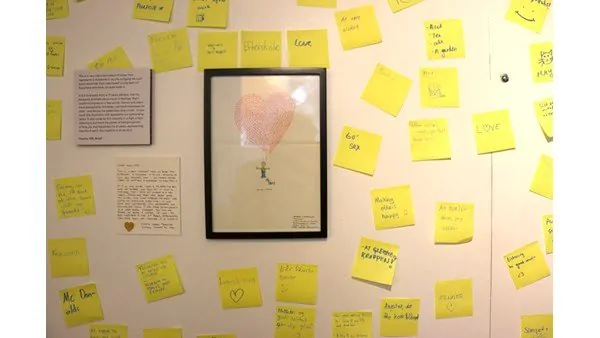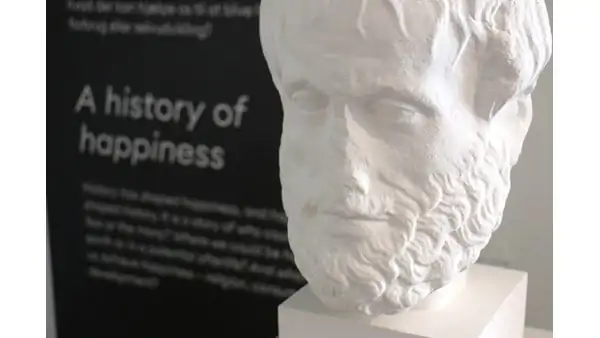Whether it's social and political upheavals, natural disasters or that trivial matter of a global pandemic, three-quarters of 2020 have already passed. And it was a horror year. This is why 2020 is the wrong year to talk about happiness. Or perhaps the most suitable.
We could ask our friends from Denmark what they think. After all, it is one of the countries always at the top of the livability rankings. Last month in Copenhagen, the host capital spaces centered on wellbeing, It was inaugurated The Happiness Museum, the museum of happiness. It is the first of its kind in the world (in London there was a sort of exhibition with this name, but it did not deal with the theme in an organic way).
The pursuit of happiness
The curious (and I hope auspicious) installation is curated by an influential Danish think tank, which is called (not even on purpose) The Happiness Research Institute.
The purpose of the Institute is to oversee research into mental well-being and quality of life. The museum of happiness is intended precisely as a showcase that illustrates the entire microcosm of their discoveries.

Our hope is that after visiting the Museum of Happiness guests will leave a little wiser, a little happier, and a little more motivated to make the world a better place
Meik Wiking, CEO of The Happiness Museum
What is the Museum of Happiness like?
It's difficult to put happiness in a glass case, so the eight rooms of the Museum of Happiness host interactive exhibitions that explore happiness from different perspectives. They range from the technical to the playful; from medieval tomes on contentment, to using a mirror to find out which side of Mona Lisa's face is actually smiling.
The "Politics of Happiness" room investigates the (often imperfect) link between wealth and happiness, while the "Happiness around the World" room is covered with post-it notes containing memories and reflections written by the visitors themselves.

Exhibits at the Museum of Happiness often raise challenging ethical and emotional questions. Like:
- If you could live in some kind of Matrix full of artificial happiness, would you?
- Could you or would you like to buy happiness?
- Would you really return a lost wallet you found on the floor?
Other rooms include the science, history and geography of happiness, incorporating everything from AI with emotional intelligence to a world map that ranks countries by happiness.

We are in 2020 (how can we forget it?), So if we see little happiness, we aim at least for safety. For this reason, the museum's protocols for Covid-19 include a strict one-way system and a limit of 50 guests at a time.


